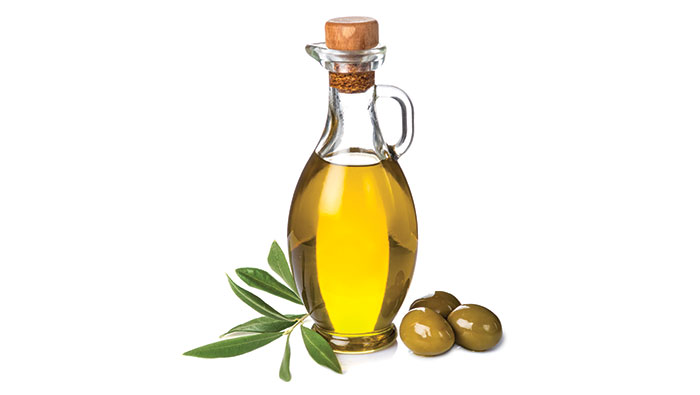
Like other products extracted from fruits or vegetables, olive oil’s freshness and flavor can diminish with time. For the best quality, focus on extra virgin olive oil, which is minimally processed, said Dan Flynn, executive director of the UC Davis Olive Center. “Standards require that extra virgin olive oil have no rancidity or other off-flavors resulting from poor-quality fruit, processing or storage,” he said. “The positive attributes of extra virgin olive oil are fruitiness, bitterness and pungency.” Not to mention the health benefits of these natural antioxidants. Here, Flynn offers a few pointers for selecting the best EVOO.
- Look for a harvest date, as opposed to the “best by” date. Most oil does not have a harvest date, but the better producers tend to put it on the package. Most California and European olive oils are harvested from October to December, while olive oils from the Southern Hemisphere are mostly harvested from May to July. Use within 15 to 18 months of the harvest, and choose the most recent harvest.
- Notice any quality seals from such groups as the California Olive Oil Council. “Quality standards for California olive oil are stricter than international standards,” said Flynn.
- If possible, taste and smell it to make sure the oil has a suggestion of freshness and does not have off-flavors.
- Check the location in which the olive oil is made, rather than where it is packaged.
- Store in a cool, dark place. Olive oil left in the light or near heat will lose freshness more quickly. “When purchased within the year of harvest, extra virgin olive oil may last for two years if unopened,” said Flynn, “but it will be better when used soon after purchase and within a couple of months after opening.”